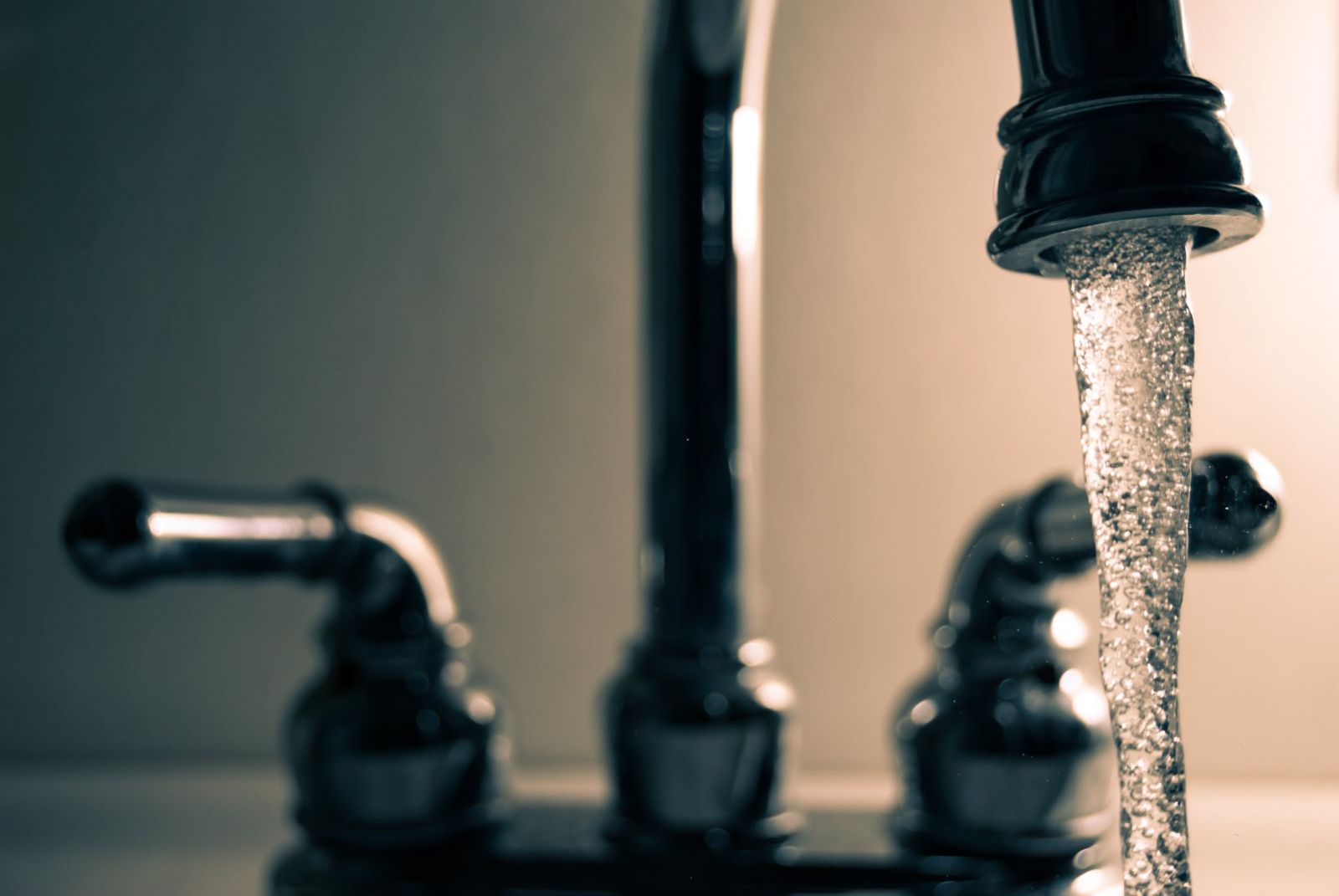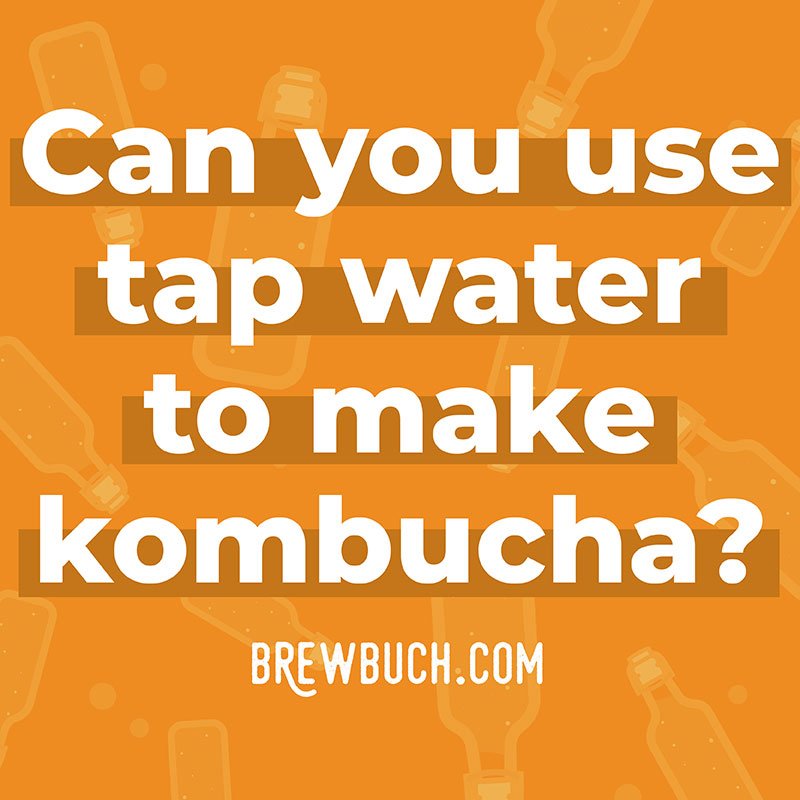Dechlorinated Water For Fermentation
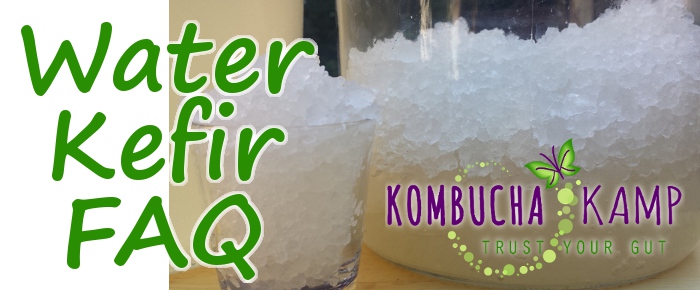
Well water can come from a municipal or private well.
Dechlorinated water for fermentation. Or you could simply boil the water. However i admit to doing this on a regular basis. If from a municipal well it will contain chlorine and possibly fluoride as. It s generally better not to water your garden with chlorinated water because it is harmful for the bacteria living in the soil.
Pour water into a bowl and let sit on the counter overnight. Filter the water with an activate charcoal filtration system. Boil cool the colder the water the more gasses it contains. Here are a few easy ways to remove chlorine and chloramine from your water.
However this method can also work to dechlorinate drinking water. Add 1 campden tablet per 20 gallons of water let sit for 20 minutes works for both chlorine and chloramine boil your water before you brew works only for chlorine. Vitamin c is often used to dechlorinate larger amounts of water like pools and hot tubs before they are drained. I use a brita pitcher and filter which is said to reduce chlorine taste and odor zinc and even contaminant s like copper mercury and cadmium.
In the usa 98 of municipal water supplies are treated with chlorine. Using chlorinated water for fermentation will slow or prevent the growth of lacto bacteria and yeasts. Chlorine inhibits the growth of the bacteria and yeast that are needed for fermentation. Boiling your water for 20 minutes may evaporate the chlorine.
Add vitamin c tablets to the water. The safest and surest way to dechlorinate your tap water is to boil it for 20 minutes. My water dependent ferments seem to be doing ok. You can t use chlorinated water to fill a fish tank without potentially harming your fish.
Add campden tablets our favorite way. Just add the vitamin c tablets to the water and allow it to sit for 24 hours. By boiling water on the stove for 20 minutes the. I ve been doing the latter i ve noticed the water tastes much better after being boiled.
So a few ways to make your tap water more fermentation friendly. A common solution to this issue is to leave out the water you might use for fermentation allow the chlorine to evaporate. Katz says that chlorine impairs fermentation.

















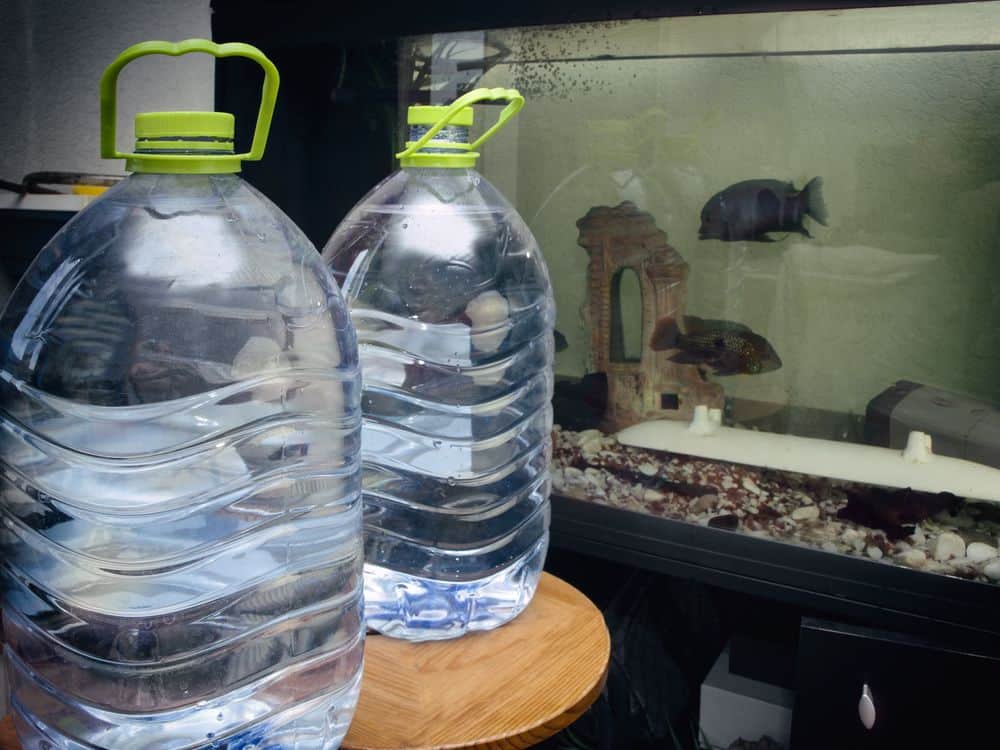








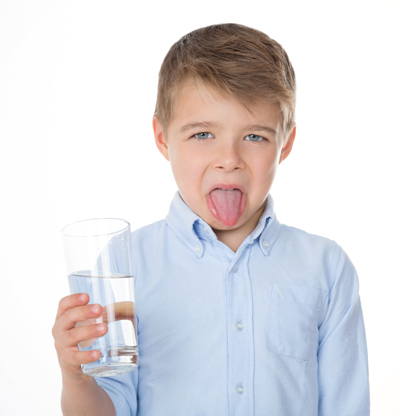













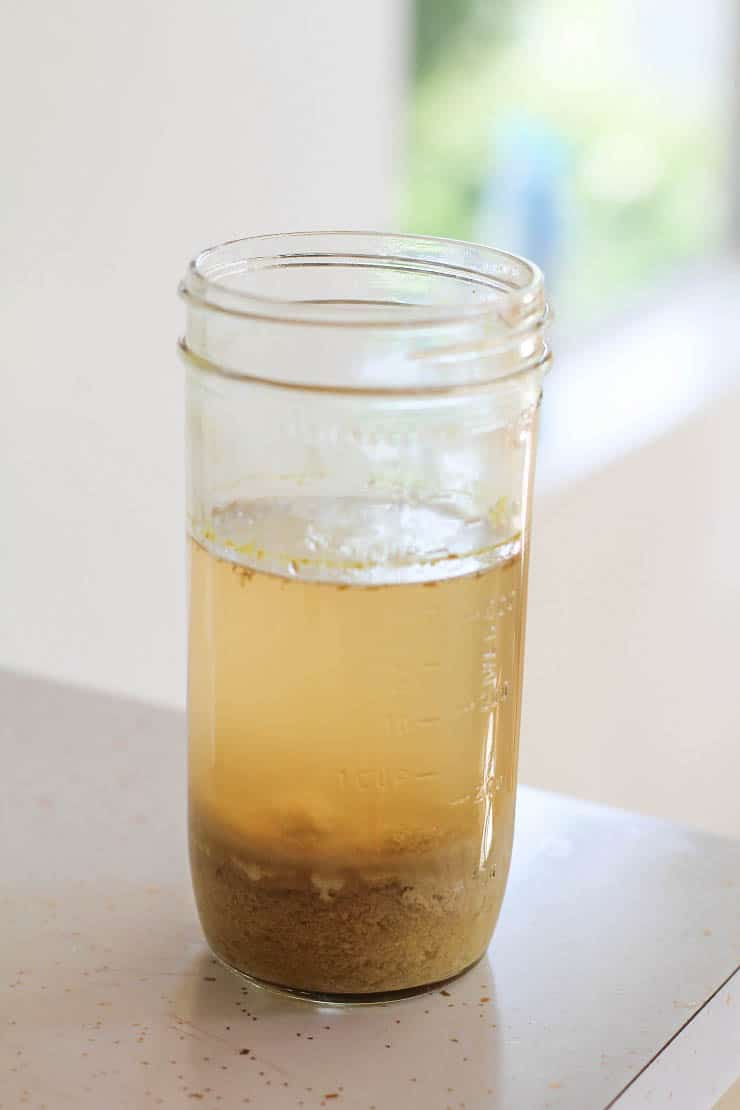
.jpg)
